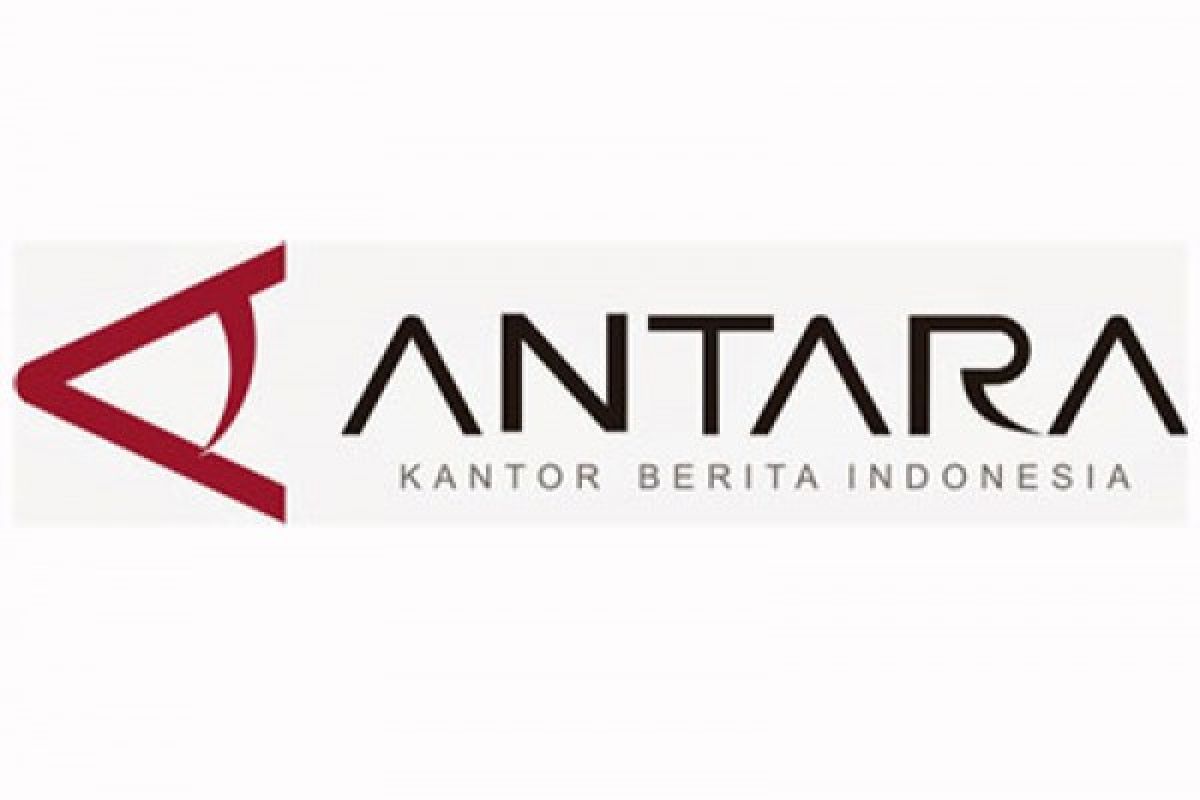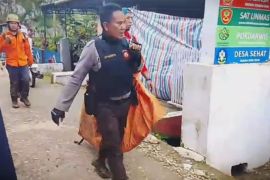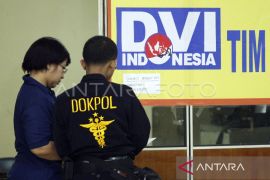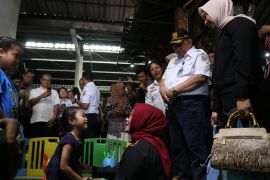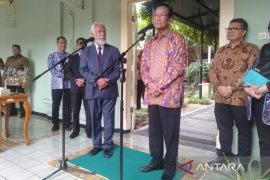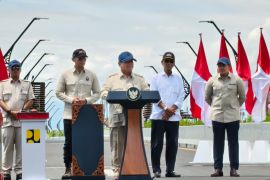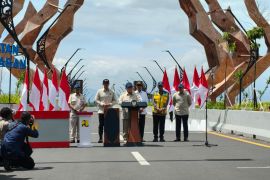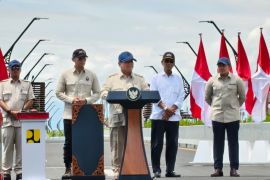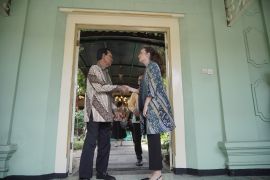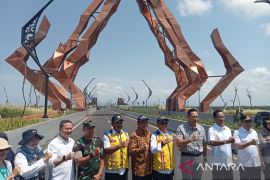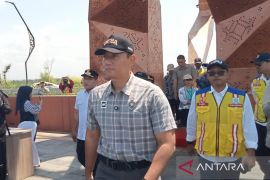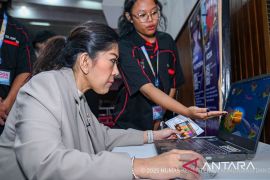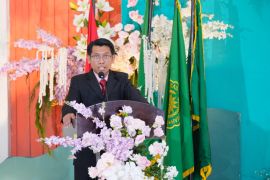"The preparations have already begun and the application is expected to be able to run next year. The goal is to anticipate the spread of dengue fever transmission," Deputy Mayor of Yogyakarta Heroe Poerwadi said here Wednesday.
In this cooperation, the Yogyakarta City Administration prepares data on dengue fever cases that will be used as a database for the early warning system (EWS) application.
The data is then compiled with other indicators that affect the life cycle of Aedes aegypti mosquito that spreads dengue. These indicators include air temperature, air humidity level and rainfall intensity.
"This application can predict the potential for dengue spread in a certain area. We hope that this EWS application will give a warning to people," he said.
However, the data also needs to be carefully verified because Yogyakarta people could have dengue when they were outside the city, but then seek treatment in Yogyakarta.
"Around 20-30 percent of people of Yogyakarta City live outside the city. Data sorting is also important to make it more valid," Heroe noted.
The EWS application will give a caution of the spread of dengue in an area, so people can take anticipatory steps, such as cleaning the environment and places which have the potential to become mosquito nests, and increasing clean and healthy lifestyle.
"Hopefully, the dengue cases can be suppressed," Heroe said, adding that currently the city administration is making effort to suppress the dengue case by spreading Wolbachia aedes aegypti mosquito.
Wolbachia bacteria inside Aedes aegypti mosquito can inhibit dengue virus, making Aedes aegypti mosquito unable to transmit dengue.
The program of Wolbachia mosquito distribution is still carried out to see the effectiveness of the method in reducing dengue cases in Yogyakarta.
As of mid-November, there are 87 dengue cases in the city.
Reporting by Eka Arifa Rusqiyati
Editing by Libertina, Eliswan
Reporter: antara
Editor: Heru Purwanto
Copyright © ANTARA 2018
